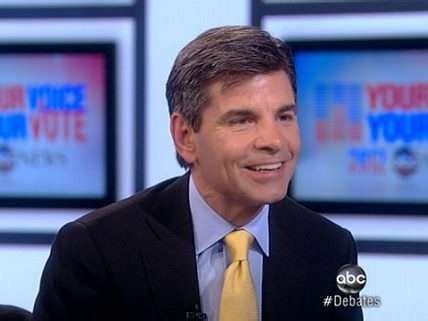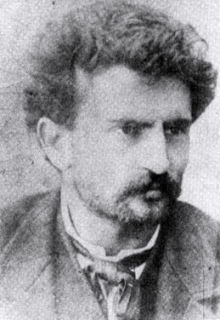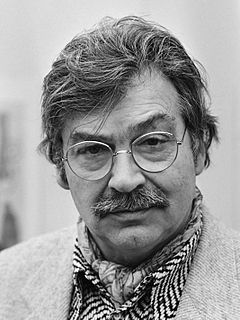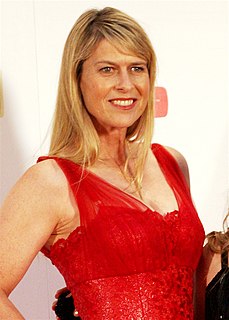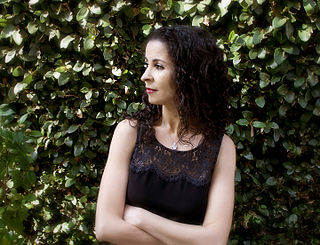A Quote by Anne Waldman
I had parents who were attentive to what was going on politically. There was the Greek connection, a sense of a larger world. People coming in from abroad. There was a sense of community around ideas: a discourse and an adhesiveness which is my favorite word from [Walt] Whitman.
Related Quotes
When [Allen] Ginsberg and I founded the Jack Kerouac School of Disembodied Poetics - that was 1974 - we referred to it by a term used by Sufi thinker Hakim Bey, as "temporary autonomous zones." That for me sums up some of Whitman's sense of a community of likeminded people with a certain kind of adhesiveness and connection and sharing of this ethos.
Anarchy is a word that comes from the Greek, and signifies, strictly speaking, "without government": the state of a people without any constituted authority. Before such an organization had begun to be considered possible and desirable by a whole class of thinkers, so as to be taken as the aim of a movement (which has now become one of the most important factors in modern social warfare), the word "anarchy" was used universally in the sense of disorder and confusion, and it is still adopted in that sense by the ignorant and by adversaries interested in distorting the truth.
A lack of affiliation may mean a lack of accountability, and forming a sense of commitment can be hard without a sense of community. Displacement can encourage the wrong kinds of distance, and if the nationalism we see sparking up around the globe arises from too narrow and fixed a sense of loyalty, the internationalism that's coming to birth may reflect too roaming and undefined a sense of belonging.
If you're going to get up to Walt Whitman and Robert Frost and Langston Hughes and Sylvia Plath you've got to figure out how you put people in possession of their heritage. To do that you have to talk about how they're being taught, and the imagination of community the people who are running our government have.
When I was young I once found a book in a Dutch translation, 'The leaves of Grass'. It was the first time a book touched me by its feeling of freedom and open spaces, the way the poet spoke of the ocean by describing a drop of water in his hand. Walt Whitman was offering the world an open hand (now we call it democracy) and my 'Monument for Walt Whitman' became this open hand with mirrors, so you can see inside yourself.
When I was a child, I was reading books filled with people different from me, all French, all foreigners. There was a sense of disconnect between my sense of imagination and the world around me, which I don't think is common for Americans. It forces you to learn to look at the world through other people's eyes.
I think that we had a different view of what the 21st century could be like, with much more of a sense, from our perspective, of trying to have an interdependent world: looking at solving regional conflicts, having strength in alliances, operating within some kind of a sense that we were part of the international community and not outside of it.

